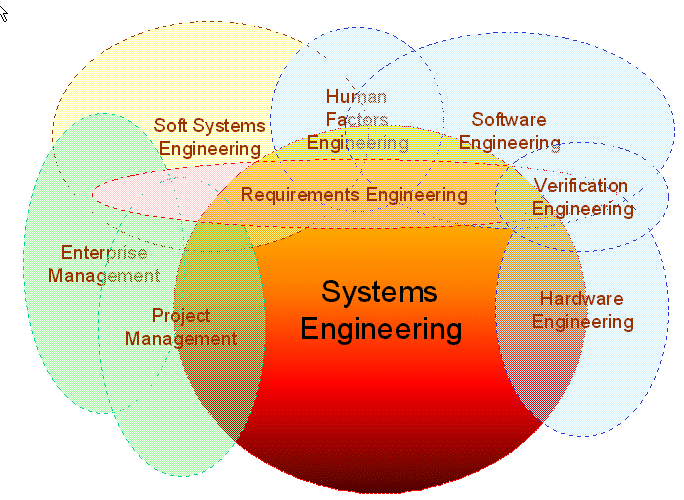Systems Engineering

is an interdisciplinary field of engineering that focuses on how to design and manage complex systems over their life cycles. Issues such as requirements engineering, reliability, logistics, coordination of different teams, testing and evaluation, maintainability and many other disciplines necessary for successful system development, design, implementation, operation, sustainment and ultimate decommission have become much more difficult since we are now dealing with large or complex programs. Systems Engineering deals with work processes, optimization methods, and risk management tools to make such programs more effective and efficient. It overlaps technical and human-centered disciplines such as control engineering, industrial engineering, software engineering, organizational studies, and program management. Systems Engineering ensures that all likely aspects of a program or system are considered and integrated into a whole.


